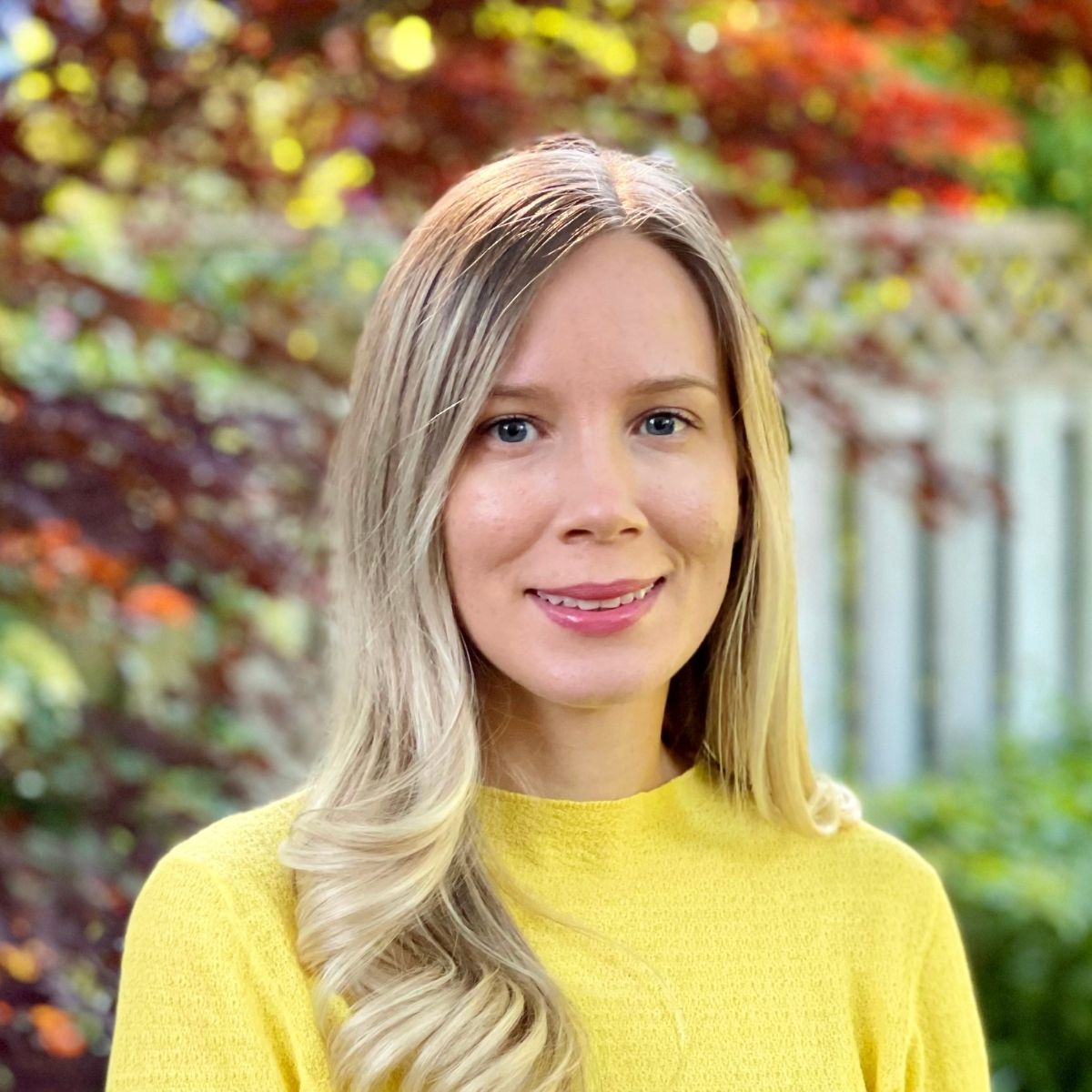Meet the Graduate of Spring 2021: Krystyna Kongats, PhD (Health Promotion and Socio-behavioural Sciences)
Shelby Soke - 24 June 2021
With two School of Public Health degrees now under her belt, the PhD graduate has returned to her hometown of Toronto to address complex public health issues by supporting interdisciplinary collaboration. 
What impact do you wish to have as a public health professional?
I think public health professionals can play an important connecting role between different disciplines and stakeholders. That connecting role is a key part of addressing complex public health issues. Supporting collaboration is the current focus of my role.
What was the greatest lesson you learned in or out of the classroom while completing your graduate degree that you will take with you into the future?
The greatest lesson was realizing the importance of relationship building and meaningful collaboration in creating positive change. It’s not ‘data’ or ‘evidence’ that drives change, although these pieces have an important supporting role, it’s people that drive change.
Relationship building and meaningful collaboration were essential factors that enabled positive impacts in my own doctoral research, as well as research projects I was fortunate to support as a graduate research assistant with the Centre for Healthy Communities led by Candace Nykiforuk.
Who made the greatest impact on you during your time at the School and why?
Without a doubt, my supervisor Jane Springett. I was really fortunate to be mentored by an international leader in health promotion and participatory research.
Professor Springett is also an incredibly generous and compassionate mentor who is dedicated to promoting student learning. We first met during my Master of Public Health (Health Promotion) studies at the School, when I worked as her graduate research assistant. Professor Springett knew about my interest in participatory approaches to research and introduced me to the International Collaboration for Participatory Health Research (ICPHR). She invited me to join her in facilitating an introductory workshop on participatory research in Coimbra, Portugal as part of the ICPHR working meeting.
Making this connection to this international community of participatory leaders in the health field opened so many doors during my doctoral studies including being invited to co-edit, and contribute to, ‘Participatory Health Research: Voices from Around the World’ published by Springer International in 2018.
What is your favourite School of Public Health memory?
My favourite memory is co-hosting the first Campus Alberta Student Conference on Health (CASCH) with public health colleagues from the University of Alberta (SPH), University of Calgary and the University of Lethbridge. This was the first ‘for students, by students’ Campus Alberta Partnership event focused on public health (community health, global health and environmental).
We were really fortunate to have launched this conference at the beautiful Banff Conference Centre in September. It was a great way to kick-off the school year, connect with peers from across the province, and introduce incoming SPH public health students to the broader public health community in the province.
It was a really fun weekend. I remember running on adrenaline working with the other co-hosts behind the scenes to make sure everything went smoothly. We only had one scare when we learned our keynote speaker’s flight was delayed, however we managed to improvise until they arrived! I’m so pleased to see how this conference has grown over the years.
What was the focus of your research?
My participatory thesis was a collaboration with Hospice Toronto exploring the nature and impact of health promoting approaches to palliative care in an inner-city community. This was an opportunity to co-identify solutions that could improve equity in opportunities for palliative support among socially vulnerable populations.
Together with members of the community, we identified the importance of both bottom-up and top-down supports. Neighbours living in close proximity to one another played a critical everyday and emotional support role that created an opportunity for community members experiencing isolation to realize their choice to be supported at home. However, our findings also drew attention to the necessary top-down supports that were needed (e.g., access to safe, stable, and affordable housing) to reduce inequities in death, dying, loss, and care experiences.
What is your next step after convocation?
I currently lead the development of collaboration support focused on promoting interdisciplinary research and fostering impactful partnerships with practice, policy, and industry stakeholders at a university in Toronto, my hometown. I am also working on my Project Management Professional (PMP) designation.